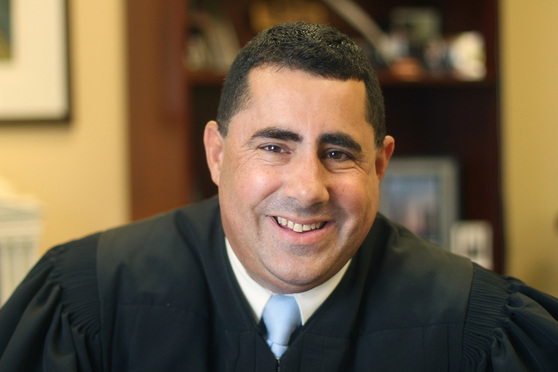Shaping Tomorrow’s Defense Strategies: Stephen Millan’s Vision for Criminal Law
Shaping Tomorrow’s Defense Strategies: Stephen Millan’s Vision for Criminal Law
Blog Article
The subject of offender defense is consistently growing, and no one understands that better than Stephen Millan. Being an skilled lawyer with a forward-thinking approach, Stephen Millan MIAMI has cultivated a unique perspective on the future of criminal defense. With improvements in technology, appropriate methods, and societal expectations, the landscape of criminal legislation is undergoing a change, and Millan envisions a future where innovation, fairness, and performance take middle period in defense strategies.

Enjoying Technology in Criminal Security
One of the very most significant changes Millan anticipates is the increasing position of engineering in offender defense. From artificial intelligence (AI) and knowledge analytics to developments in forensic research, engineering is revolutionizing just how instances are organized and argued. Millan predicts that as time goes by, AI methods will be integral to case preparation, supporting defense attorneys sift through big quantities of evidence, find habits, and recognize disadvantages in the prosecution's event more efficiently.
Digital tools may also improve communication between clients and attorneys, which makes it easier for defendants to keep knowledgeable and connected. The utilization of electronic courtrooms and digital evidence speech, particularly accelerated by the COVID-19 pandemic, is anything Millan needs to carry on growing, providing more accessible and efficient methods to conduct trials.
A Focus on Criminal Justice Reform
Millan is also deeply focused on criminal justice reform, a trigger that he feels may form the future of offender defense. He envisions a future where in actuality the justice process prioritizes rehabilitation over punitive procedures, particularly for non-violent offenders. With growing community consciousness about bulk incarceration and its societal impacts, Millan considers an opportunity for security attorneys to play a key role in driving for more humane sentencing plans and solutions to jail time, such as community-based programs and restorative justice practices.
Moreover, Millan envisions a method wherever racial and socioeconomic biases are resolved more effectively. He feels that as more information is obtained on disparities in sentencing and arrests, there would have been a higher force for fairness in the legitimate system, leading to improvements in how offender security is practiced and how policies are enforced.
The Rise of Collaborative Safety Clubs
In the future, Millan foresees the increase of collaborative defense groups composed of not merely attorneys but also professionals in areas like psychology, forensic technology, and cultural work. These clubs can come together to address the difficulties of each situation, giving more comprehensive and holistic safety strategies. By leveraging the expertise of multiple specialists, the protection can offer more well-rounded fights, problem the prosecution's evidence more successfully, and ultimately increase outcomes for clients.
This method aligns with Millan's opinion that criminal security shouldn't be a solitary endeavor. Instead, security attorneys works along with specialists to make sure that every part of the case is completely examined and every possible security avenue is explored.

Teaching the Community on Criminal Legislation
Yet another vital component of Stephen Millan's vision money for hard times is educating people about their rights and the criminal justice system. He envisions a future where persons are greater equipped to understand the legitimate processes they may encounter. As criminal security lawyers like Millan carry on to boost understanding about problems like wrongful convictions, bail reform, and the importance of legitimate illustration, Millan believes that the general public will are more proactive in seeking justice and more aware of the methods open to them. Report this page